Brave is the person who ventures to give advice to others these days – no matter how well-meaning – despite the looming fear of instantly being labeled “self-righteous” and “holier-than-thou.”
“Self-righteous” is a contemptuous pejorative commonly used nowadays, designed to silence the most dogged of do-gooders, and in the words of religious blogger and public speaker Mark Shea, “It’s perhaps the favorite term of abuse for anybody attempting to make a moral argument.”
But what does it actually imply? Shea says, “For most speakers of modern English, it means ‘I don’t like you and the moral system you express belief in makes me very uncomfortable and angry.’ Indeed, in postmodern culture, there is basically no difference between calling somebody ‘self-righteous’ and calling them ‘righteous.’ It’s a word that has irretrievably come to mean ‘Pharisaic’ or simply ‘full of yourself’.”
In a Prophetic narration, self-righteousness has been called one of the three Muhlikaat “destructive qualities,” along with unending greed and giving in to base desires.
Ibn Taymiyyah (may Allah have mercy upon him) spoke of the link between self-righteousness and Shirk (polytheism) and said, “Showing-off is (inherently associated) with self-righteousness. It is the pathway to associating partners with the Divine through (doing things to impress) creation; while self-righteousness is a doorway to associating partners with the Divine through (being over-impressed with) one’s self.”
“
The difference between righteous and self-righteous behavior is as clear as day to Allah, Who is Subtle and All-Aware. However, it may be difficult for ordinary people to spot the difference…
Simply out, the difference between righteousness (which encompasses a whole range of meanings from piety to God-consciousness) and self-righteousness boils down to basically one word: Self.
“Truly he succeeds that purifies it (the Self/Soul), and he fails that corrupts it.” [Qur’an, 91:9-10]
Thus, the person who constantly strives to purify his soul from all that sullies it, and endeavors to advise others sincerely for the sake of Allah to do the same, is righteous.
And the self-righteous person is the one who is careless or blind to his own follies while his soul is riddled with the multiple maladies of Kibr (pride/arrogance), Sum’ah (making statements for the sake of impressing others and enhancing one’s reputation), Riyaa’ (performing acts of worship and other righteous deeds with the sole intention of showing off to people and seeking their praise or good opinion) and ‘Ujb (being enamored of one’s own self), and in this state “advises” others with no other purpose in mind but to belittle others and further his own interests.
Obviously, the difference between righteous and self-righteous behavior is as clear as day to Allah, Who is Subtle and All-Aware. However, it may be difficult for ordinary people to spot the difference, which is why it’s probably a good idea to exercise some self-restraint and good Dhann (thoughts) before branding a person “self-righteous” or “holier-than-thou” the minute they utter an opinion or express an idea that one doesn’t entirely concur with his own.
Ironically, self-righteousness works both ways, in the sense that we may be quick to brand another person “self-righteous” when in fact, we are as guilty of such behavior.
Among the perils of `Ujb – defined as “the magnification of one’s virtues, an exaggerated opinion of one’s own importance, an amplification of one’s good deeds that leads to excusing one’s own faults, while undervaluing the good in others, leading to a false sense of superiority” – is that it applies to both good and bad actions.
A wicked person may become as conceited and over-confident about the moral correctness of his position, just as an insincere person may be deluded about the sincerity of his intentions or the righteous person about his status in the eyes of Allah owing to his good deeds. This is all alluded to in the Qur’an:
“And what of him, the evil of whose deeds has been beautified in his eyes, so that he thinks them good?…” [Qur’an, 35:8]
The people of Lut (peace be upon him) mocked him and his companions when they did not indulge in abominations and sink into depravity with them, with the sarcastic words: “Drive them out of your city: these are indeed men who want to be clean and pure!” [Qur’an, 80:82]
Something similar is being perpetrated these days, with people condemning those who dare to take a moral stand in opposition of public views to the outposts of civil dialogue.
I find myself agreeing with Shea when he says, “Unless you can demonstrate that a person is making a moral argument that really is predicated on congratulating themselves as being without the need of divine grace due to their intrinsic goodness, there’s really no sense in calling such a person ‘self-righteous.’
Obnoxious, shrill, irritating, loveless, hostile, and rude, quite possibly. But not self-righteous.” Don’t you agree?
Limited free articles. Subscribe for full access.

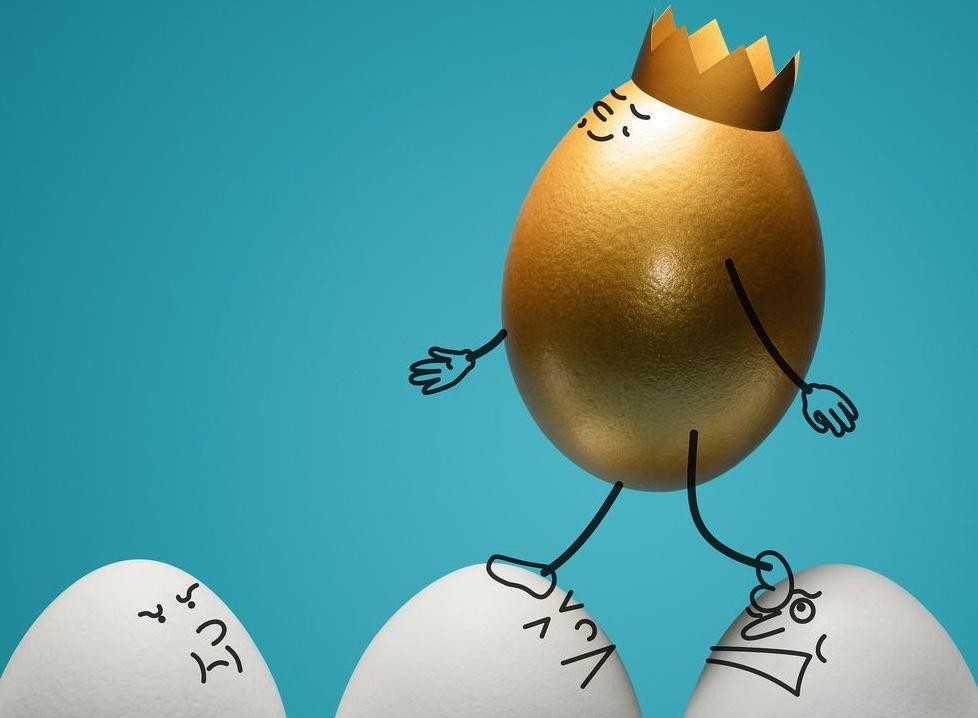
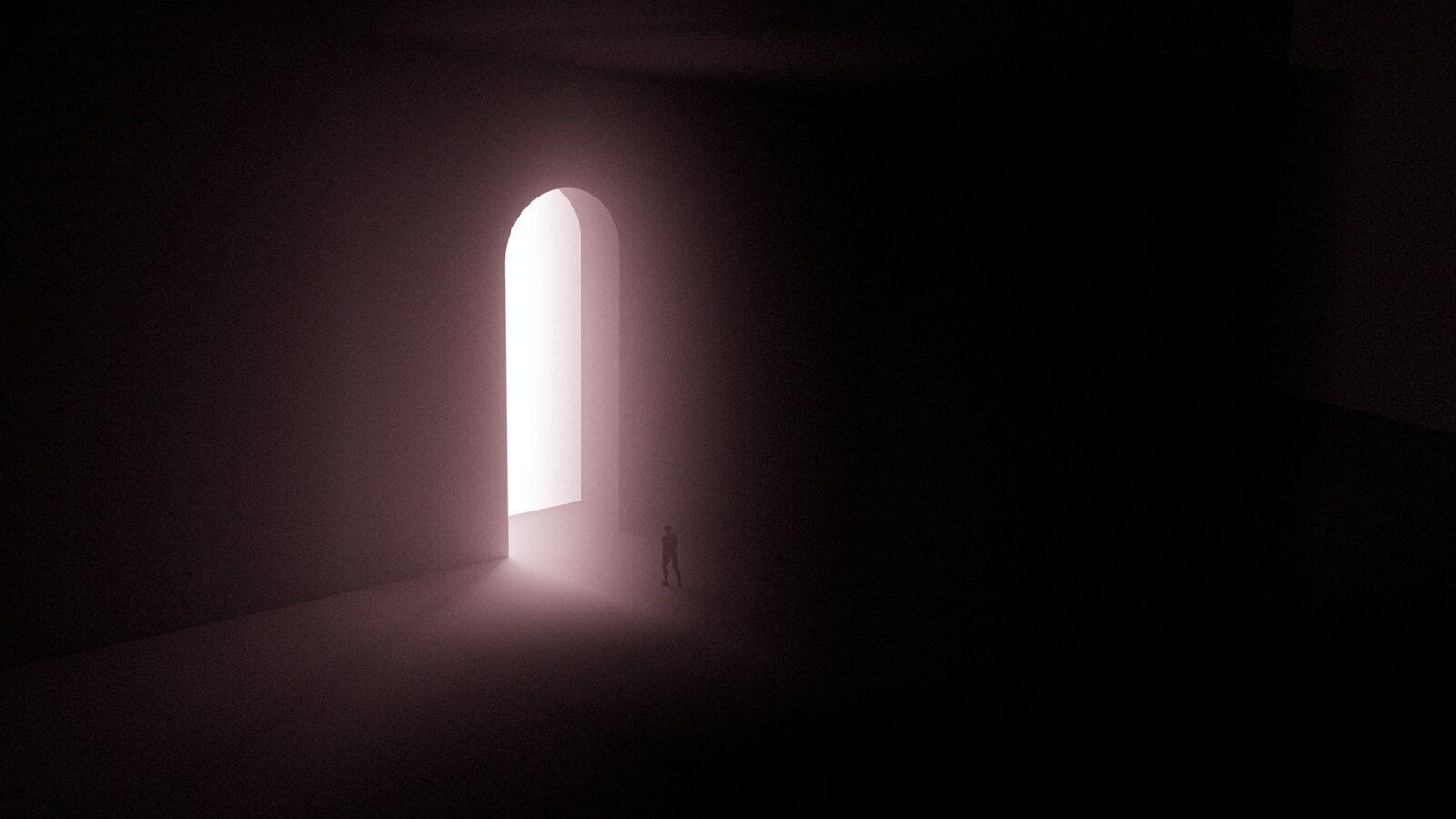
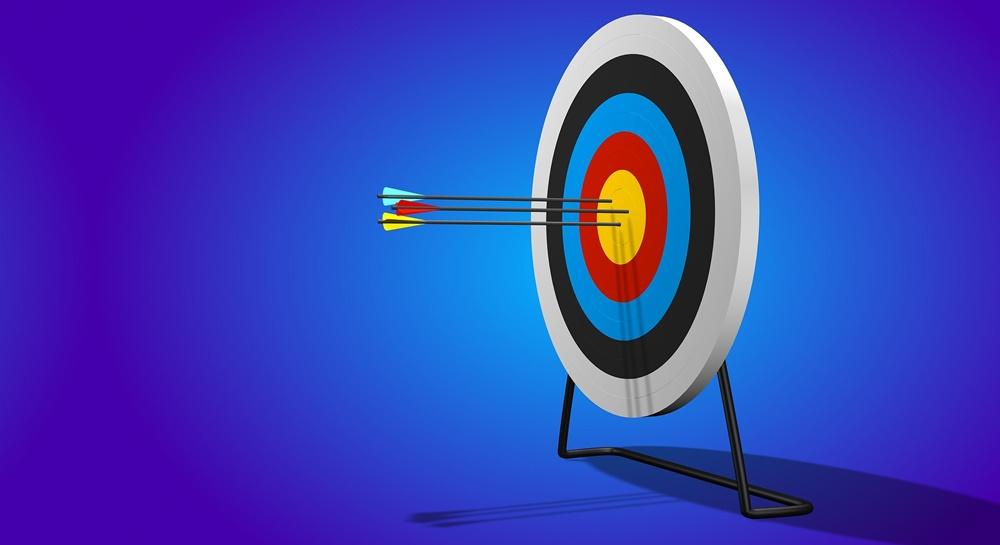
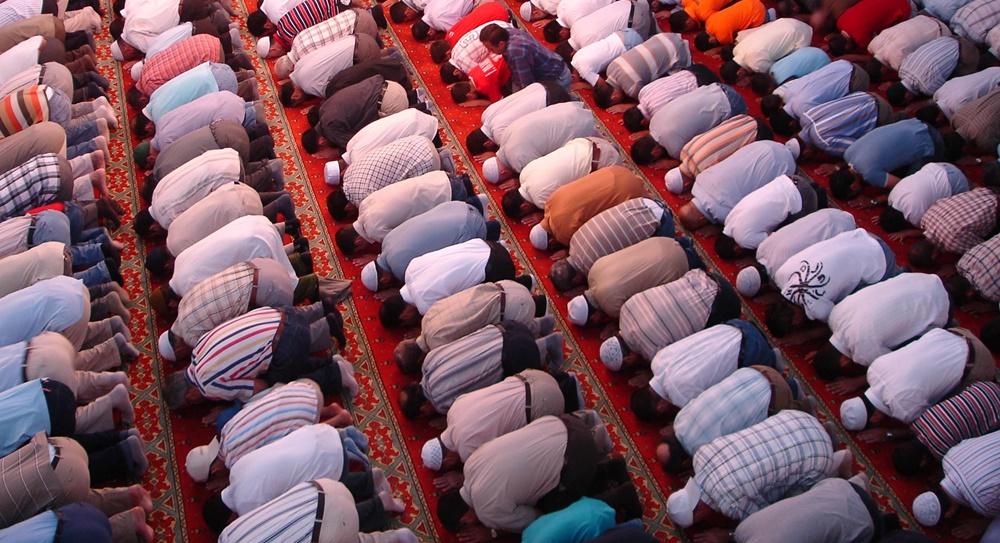

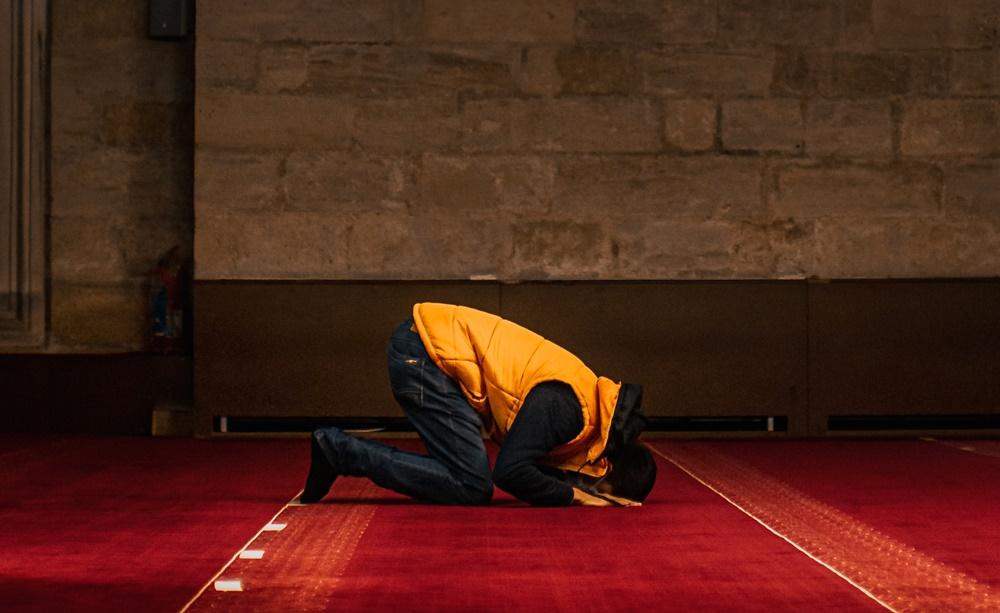

 Dr. Bilal Philips
Dr. Bilal Philips